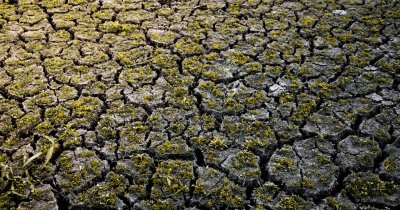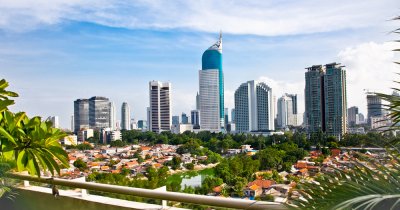As per Euronews.green, the corals, bred by scientists at the World Coral Conservatory project, will join Europe's largest coral reef, adapting to the existing coral families that currently live there.
Nienke Klerks, a biologist at the zoo in the Netherlands, said that "this is the first project where we started to keep these corals with a known origin. As we know exactly where they’re coming from, they have the potential to be placed back into the wild. So, it is very important to keep these corals, as it’s going not very well in the wild."
Corals, which are crucial to the development and survival of marine creatures and ecosystems, have been affected globally by the warming of the world's large waterways. If exposed to unusually high levels of heat, they die by bleaching, which can have a domino effect on the local wildlife.
Australia's Great Barrier Reef, one of the world's largest coral ecosystems, was severely affected back in 2022, when around 90% of the coral population bleached due to the warming of the waters.
Thus, multiple teams of researchers around the world are now looking at ways to help the coral populations get back to normal, helping the whole oceanic ecosystem in the process.
Zookeeper Pascal Kik said that "we test it behind the scenes… what works for these corals. In that way, we know where to place them and how to keep them."
Ronald Osinga, a marine biologist who specializes in corals at Wageningen University in the Netherlands, explained that "coral reefs would be one of the first systems to totally collapse due to climate change."
There are experts, such as Terry Hughes of Australia’s James Cook University, who believe that world leaders and companies need to do more in order to stop global warming, as we "can’t replace a magnificent ecosystem with an aquarium."
 Mihai - Cristian Ioniță
Mihai - Cristian Ioniță












Any thoughts?